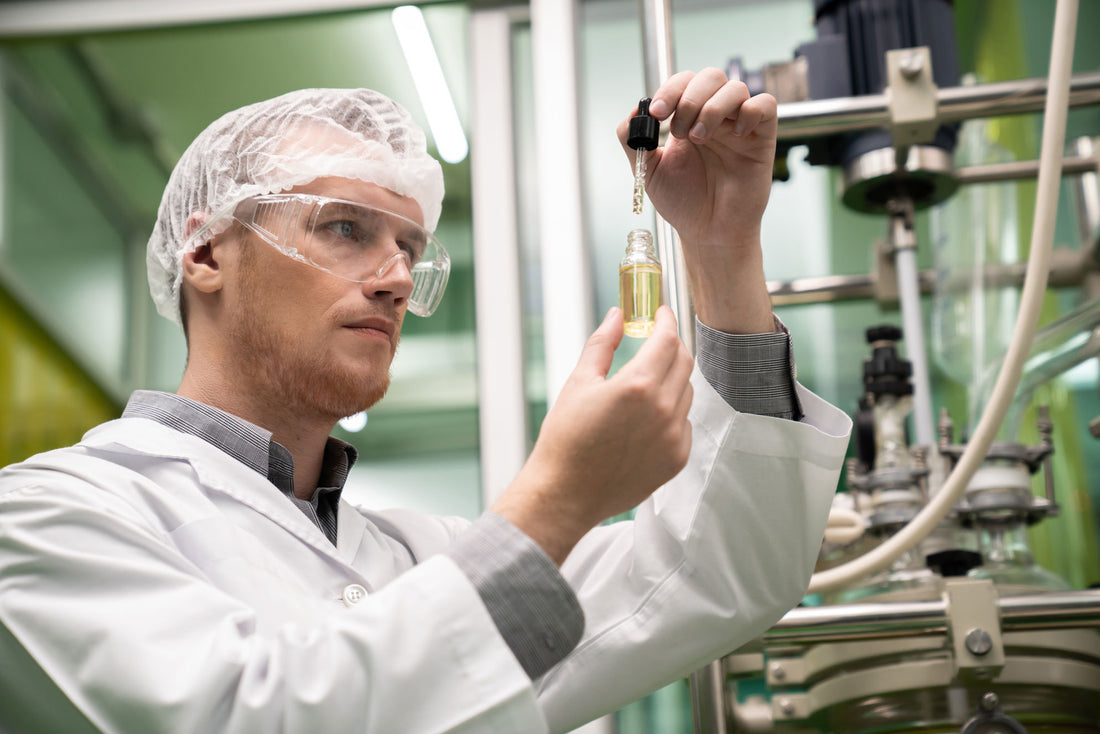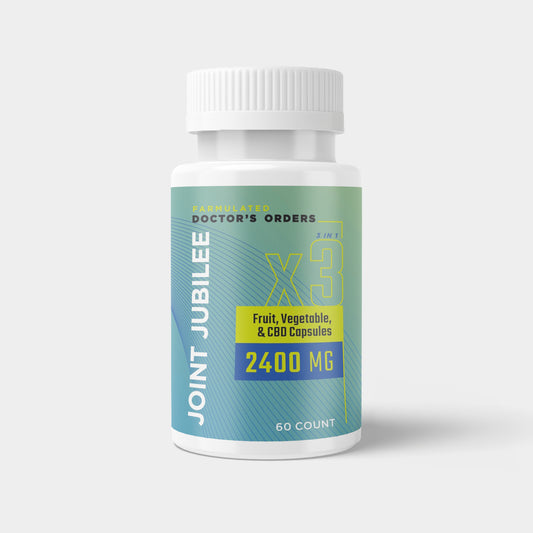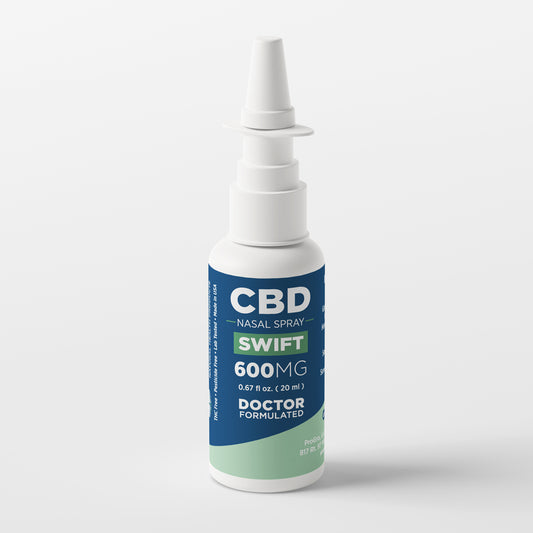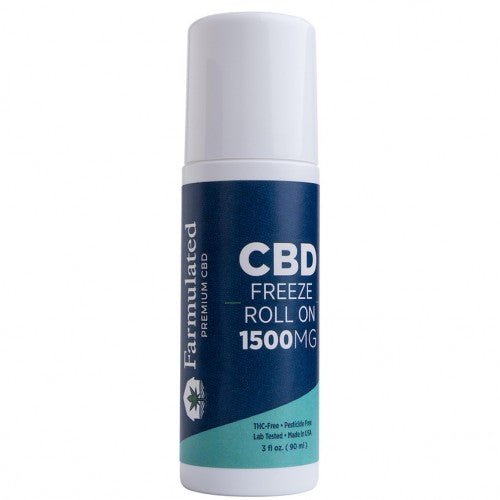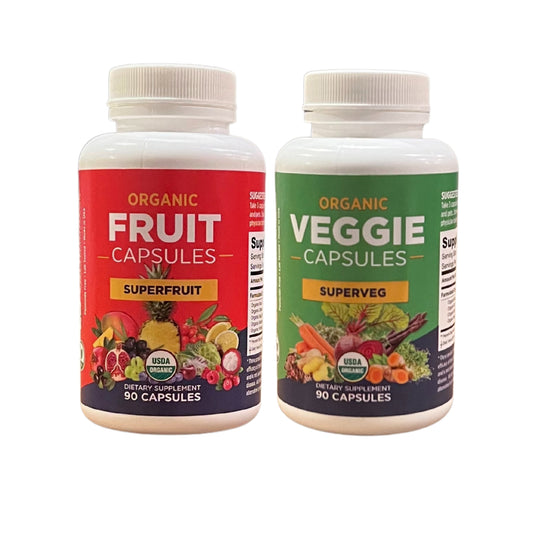Welcome to our exploration into the fascinating world of CBD extraction! This article will take you on a journey through understanding the components of pure CBD oil, learning about the different hemp plant byproducts, and discovering the various methods of extraction for CBD production. In explaining how CBD oil is made, we’ll also explore how ethanol and CO2 extraction make a difference for the end product. Through unlocking the secrets of CBD extraction, you’ll be prepared for whatever your CBD needs may be!
Unlocking the Secrets of CBD Extraction
The alchemy of creating pure CBD oil is a journey that begins with a choice: choosing the right extraction method to transform the humble hemp plant into a force for good. This decision is pivotal, as the cannabis plant’s treasures are hidden deep within its fibers, waiting for the right commercial CBD extraction technique to coax them out. When we extract CBD oil, we’re seeking only pure CBD oil—no imposters, no dilution, just the magic of the hemp seed oil and the essence of the plant itself.
This quest for purity has led to the evolution of two distinct methods: ethanol extraction and carbon dioxide extraction. Ethanol, an ancient and effective solvent, reveals the essence of the hemp plant, preserving the delicate balance of compounds within. Carbon dioxide, the modern maverick, offers a precise, high-pressure dance that isolates pure CBD with unparalleled finesse. The result of these processes is a CBD extract that stands proudly in the limelight, ready to enhance our lives in myriad ways. Whether it’s a full-spectrum potion or a crystalline CBD isolate, the secret to creating CBD oil lies in the art and science of extraction, allowing us to unlock the true potential of this extraordinary plant.
Pure CBD Oil--What It’s Made Of
As the world embraces the power of CBD oil, it’s important to understand the essence of what makes pure CBD oil truly unique, whether it’s broad-spectrum or full-spectrum CBD. The secret lies in the core of the hemp plant, where the cannabis plant’s most potent compounds reside, eager to be harnessed for their therapeutic potential. To extract CBD oil and obtain only pure CBD oil, it’s vital to embark on a meticulous journey guided by the wisdom of the extraction method chosen. Each method, whether it’s ethanol extraction or carbon dioxide extraction, brings with it a distinctive approach to revealing the heart of the hemp seed oil.
Creating CBD oil is an art form, an intricate dance of chemistry and botany that comes together to unveil a substance that may enhance our well-being. The ultimate goal is a pure CBD extract, untainted by impurities or unwanted compounds—a beacon of wellness in a sea of uncertainty. Whether it’s a robust, full-spectrum experience or the focused power of a CBD isolate, pure CBD oil emerges as a testament to the fusion of nature and science.
Through the delicate interplay of the extraction method, the essence of the hemp plant, and the skillful hand of the artisan, we find ourselves face to face with a miracle: pure CBD oil, a gift from the cannabis plant, here to elevate our lives and redefine the boundaries of what’s possible.
How Is CBD Oil Extracted?
The delicate process of crafting pure CBD oil begins with a choice, a decision that will determine the future of the hemp plant and its therapeutic potential. This pivotal moment is centered on the extraction method, the technique by which we will unlock the secrets of the cannabis plant and harness its power for our well-being. Two distinct methods have emerged as the frontrunners in this quest: ethanol extraction and carbon dioxide extraction. Each approach brings its unique set of skills to the table, offering a pathway to creating CBD oil that is both powerful and pure.
Ethanol extraction, an ancient and trusted technique, relies on the solvent properties of ethanol to dissolve the plant’s essential compounds and reveal the essence of the hemp seed oil. Carbon dioxide extraction, a modern marvel, employs a high-pressure environment to isolate pure CBD with unrivaled precision. The resulting CBD extract, whether it be a full-spectrum concoction or a pristine CBD isolate, is a testament to the art and science of extraction, a beacon of hope in our journey toward better health and wellness.
Understanding The Different Hemp Plant Byproducts
As we venture deeper into the world of the cannabis plant, it becomes clear that this remarkable specimen has much more to offer than just CBD oil. The hemp plant, a versatile and resourceful cousin of cannabis, presents a diverse range of byproducts, each with its unique set of benefits and applications. Hemp seed oil, for instance, is derived from the plant’s seeds and boasts a rich profile of nutrients, making it a valuable addition to our diets and skincare routines.
However, the true power of the hemp plant lies in its ability to produce pure CBD oil, a potent and transformative substance extracted using methods like ethanol or carbon dioxide extraction. This CBD extract, whether it be a full-spectrum elixir or a singular CBD isolate, has the potential to revolutionize our approach to health and wellness. As we continue to explore the myriad byproducts of the hemp plant, we gain a deeper appreciation for the boundless potential of this extraordinary resource, a testament to the infinite wisdom of nature and our ability to harness it for the greater good.
How To Create Pure CBD Isolate
CBD isolate extraction is the process of extracting only pure CBD molecules from the hemp plant, with all other plant byproducts removed. Extraction is a complicated process, but there are a few steps that you can take to create pure CBD isolate. Firstly, you need to choose the CBD extraction method that’s best for the particular CBD product you are making. Ethanol extraction and CO2 extraction are two of the most common methods used to create CBD isolate. After you choose your extraction method, start by decarboxylating the raw hemp material to activate the compounds and release CBD content.
Once the decarboxylation process is complete, the CBD can be further isolated using chromatography and crystallization techniques. With chromatography, the CBD compound can be isolated from other plant compounds, resulting in exceptionally pure cannabinoid content. Once isolated, the CBD compounds are converted into crystals that can be used for a variety of products.
How Ethanol & CO2 Extraction Make a Difference in CBD Production
When it comes to CBD production, ethanol, and CO2 extraction are two of the most popular methods for distilling CBD from a hemp plant. The two methods have several advantages and differences, so it’s important to understand how each of them works. Ethanol extraction is a safer method for extracting the valuable compounds from the hemp plant, resulting in a less potent final product. On the other hand, CO2 extraction is much more efficient and potent, providing higher yields and higher concentrations of CBD per gram. While both methods result in pure CBD oil, they also produce other cannabinoids, terpenes, and other beneficial compounds that are lost through more traditional methods of extraction. By using either of these methods, you can ensure that the final product is of the highest quality and purity.
The Bottom Line
It is clear that unlocking the secrets of CBD extraction requires an understanding of hemp plant byproducts, the potential of pure CBD oil, and the differences between the two extraction methodologies available: ethanol and CO2 extraction. By knowing these key aspects of production, manufacturers can craft a pure, high-quality CBD isolate that offers a wealth of therapeutic benefits to its users.
We recommend trying our CBD tinctures if you're looking for a reliable, consistent way to take your CBD. Our products here at Farmulated are made with the highest quality ingredients and are backed by a satisfaction guarantee. So order today and see the difference CBD can make in your life! Use code CBDblog10 for 10% off your first order.

